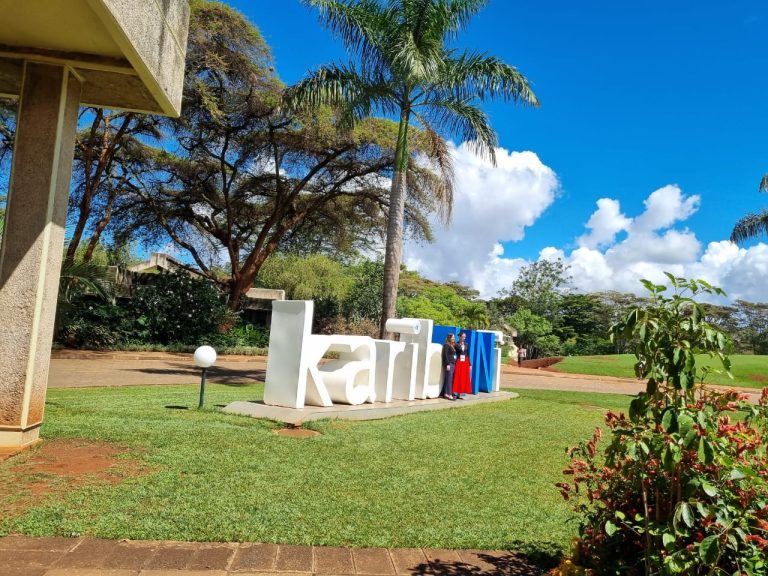
Plastics recycling play a major role in promoting the transition to a circular plastics economy in India. Read the blog to know more about the journey of plastics recycling in India.
We have met so many inspiring people – scientists, business leaders, sustainability experts, waste workers – in just 48 hours of landing in Nairobi, for INC-3, the UN Global Plastics Treaty’s Intergovernmental Negotiating Committee’s meeting, 13th to 19th November. Separately, and importantly, we’ve met the Columbia Plastics Pact and UK Plastics Pact leads, and it was great to make the connection – we may be physically distant, but our visions and work are the same!
At the same time, we saw firsthand how the processes and procedures of the United Nations roll out slowly but surely, with all countries given space to voice their opinions, concerns and provide inputs.
It is too early to say anything about what text is finally adopted and agreed upon, but it is clear that there are some strong views and stands, and that it will take some skillful negotiation for all countries to arrive at a workable and acceptable agreement.
There is anticipation and optimism in the air about the outcome of these discussions, with young people anxious to place their concerns in the open: there are many, many, side-events on a wide range of topics, hosted by the many organizations present – it’s quite impossible deciding which one to attend in the time available – nothing in the Treaty’s Zero Draft appears to be unaddressed!
We hope that a text begins to shape up over the next few days, and that we are able to do what’s best to protect ourselves and future generations. We did that with ozone-depleting substances via the Montreal Protocol, and the use of mercury in the Minamata Convention – we can do it again, based on new approaches, new thinking, and new business models.
The India Plastics Pact will continue to work with its signatories to bring about upstream changes in consultation with all stakeholders in the Indian plastics packaging value chain.
Plastics recycling play a major role in promoting the transition to a circular plastics economy in India. Read the blog to know more about the journey of plastics recycling in India.
We have met so many inspiring people – scientists, business leaders, sustainability experts, waste workers – in just 48 hours of landing in Nairobi, for INC-3, the UN Global Plastics Treaty’s Intergovernmental Negotiating Committee’s meeting, 13th to 19th November. Separately, and importantly, we’ve met the Columbia Plastics Pact and UK Plastics Pact leads, and it was great to make the connection – we may be physically distant, but our visions and work are the same!
At the same time, we saw firsthand how the processes and procedures of the United Nations roll out slowly but surely, with all countries given space to voice their opinions, concerns and provide inputs.
It is too early to say anything about what text is finally adopted and agreed upon, but it is clear that there are some strong views and stands, and that it will take some skillful negotiation for all countries to arrive at a workable and acceptable agreement.
There is anticipation and optimism in the air about the outcome of these discussions, with young people anxious to place their concerns in the open: there are many, many, side-events on a wide range of topics, hosted by the many organizations present – it’s quite impossible deciding which one to attend in the time available – nothing in the Treaty’s Zero Draft appears to be unaddressed!
We hope that a text begins to shape up over the next few days, and that we are able to do what’s best to protect ourselves and future generations. We did that with ozone-depleting substances via the Montreal Protocol, and the use of mercury in the Minamata Convention – we can do it again, based on new approaches, new thinking, and new business models.
The India Plastics Pact will continue to work with its signatories to bring about upstream changes in consultation with all stakeholders in the Indian plastics packaging value chain.